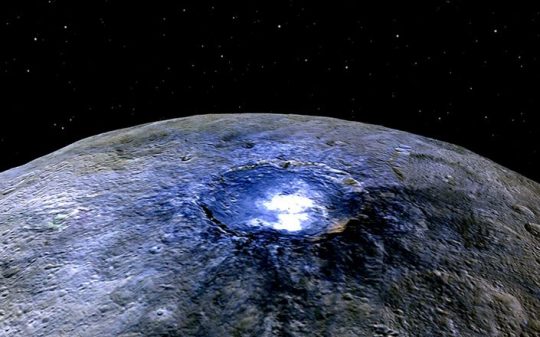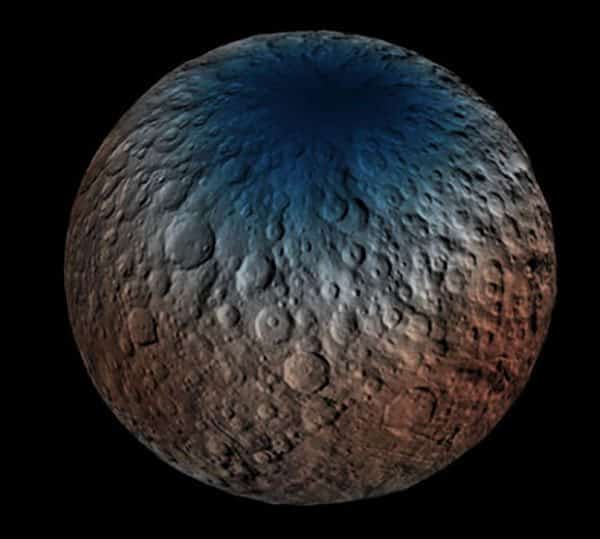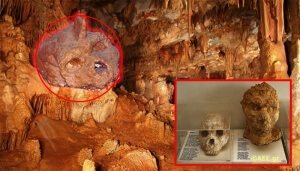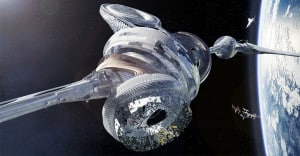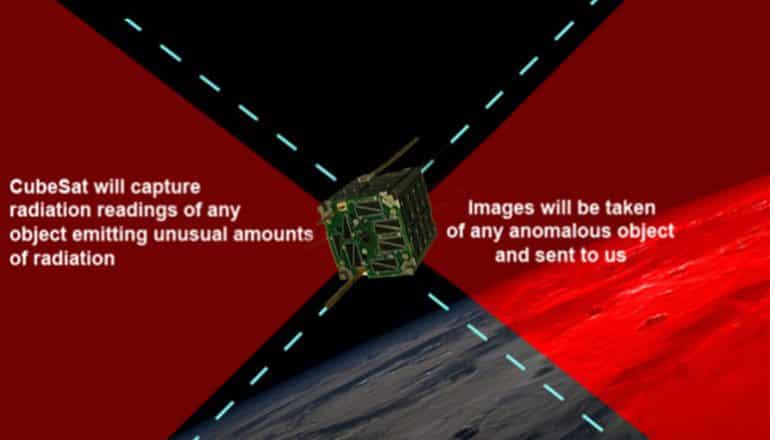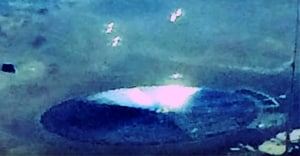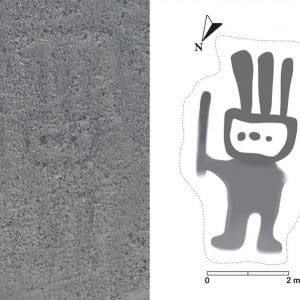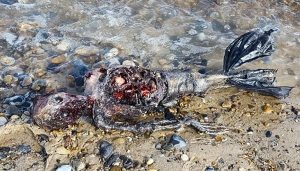Astronomers have just detected organic molecules on Ceres, the dwarf planet located in the asteroid belt between Mars and Jupiter. This marks the first time the building blocks of life were found on what’s basically the largest asteroid in our Solar System.
This discovery was just announced by a team of scientists at the Italian National Institute of Astrophysics. Leading the team was Maria Cristina De Sanctis, who commented that her team’s finding is a world premiere:
We see a lot of interesting chemistry on Ceres andthis is the first time we have seen such a clear [organic] signature on an extraterrestrial body.”
The importance of this exciting discovery is increased several levels of magnitude by the fact that water was also found on the surface of Ceres. Even though the water is in ice form, there is plenty of it to go around. Scientists have recently developed a global map of Ceres and it shows the dwarf planet’s surface is extensively covered in surface and subsurface ice deposits.
Finding organic molecules on Ceres wouldn’t have been possible without the troves of data sent back by the Dawn spacecraft, the space probe NASA launched in 2007 to study the protoplanets Vesta and Ceres.
Using an instrument called a visible and infrared light spectrometer, Dawn performed measurements of the light reflected off the surface of Ceres and established with great accuracy what types of organic molecules were present. Different molecules absorb different light frequencies and that is what allowed scientists to discern what was down there.
While scanning the Ernutet crater, a large impact site located in Ceres’ norther hemisphere, Dawn picked up a very specific signature in the reflected light. This trademark was consistent with a group of organic compounds containing methyl and methylene groups in their molecular structure.
De Sanctis and her team are convinced these organic ingredients are present all around the planet, even though they only looked for them in a crater. While it might be tempting to think the asteroid or comet that left the dent on Ceres brought them there, this isn’t the case. The scientists said the organic molecules formed after the impact since they wouldn’t have survived the immense pressure and temperatures generated by an asteroid hit.
So, it would seem both water and organic compounds might be more common on other planets than we previously thought. Should we raise our hopes of finding alien life in places we never expected? Yes and no.
You see, there is a big difference between organic compounds and organisms. They might sound almost the same, but in scientific lingo, “organic” simply refers to a substance containing carbon atoms. And since the life we know of is carbon-based, there cannot be life without organic molecules. But while the presence of said molecules doesn’t necessarily imply life is also around, it greatly increases the chances though. ESA planetary scientist Michael Küppers explains:
“Because Ceres is a dwarf planet that may still preserve internal heat from its formation period and may even contain a subsurface ocean, this opens the possibility that primitive life could have developed on Ceres itself.”
So is this discovery important or not?
A most definitive yes answers this question. Though it might not prove there are aliens on Ceres, the finding offers invaluable information about our planet’s past and the beginning of life on Earth.
Scientists have determined that terrestrial life began with simple microbes almost four billion years ago, after a period known as the Late Heavy Bombardment. The LHB spanned millions of years during which Earth was a hellscape constantly besieged by a rain of meteorites, comets and asteroids. It is almost certain that Earth’s oceans were formed during this period through the accumulation of surface water from ice-laden comets. But many scientists were uncertain about the origin of organic compounds and wondered if they got here the same way. Now that it’s been established that asteroids indeed carry organic molecules, they have their answer.
Perhaps life itself was delivered to Earth through these rocky vessels but, at the very least, we can be sure the building blocks were brought here this way.
So, yeah, organic stuff on Ceres is a big deal.
